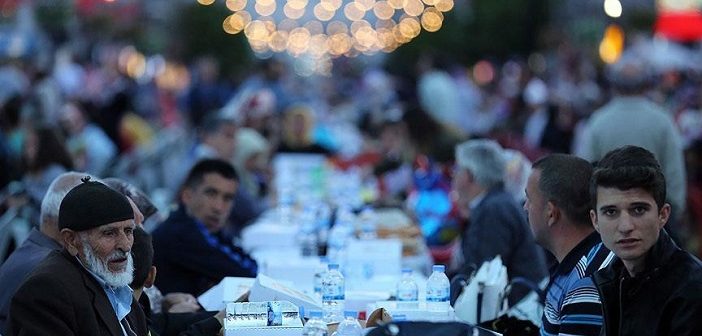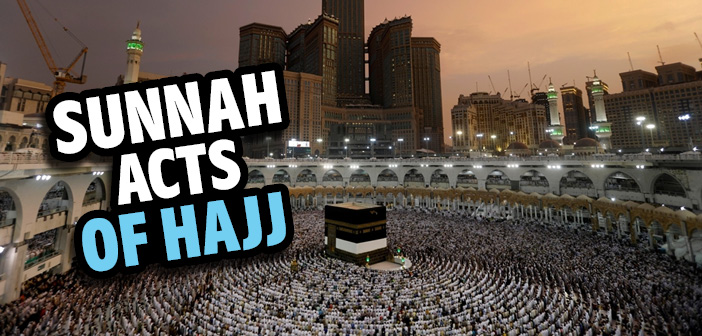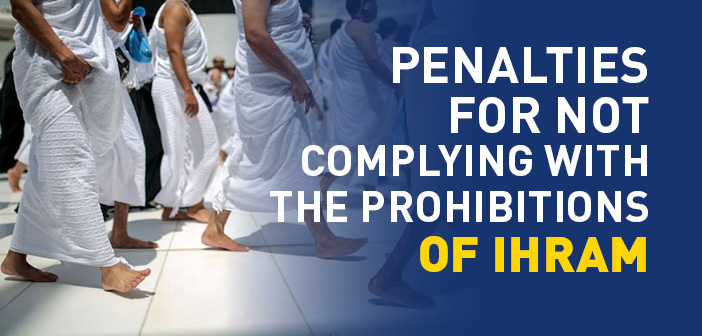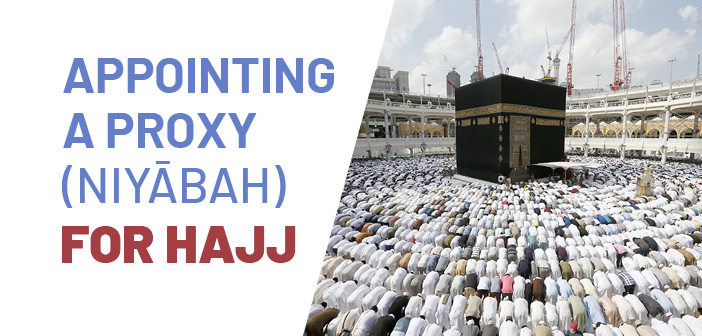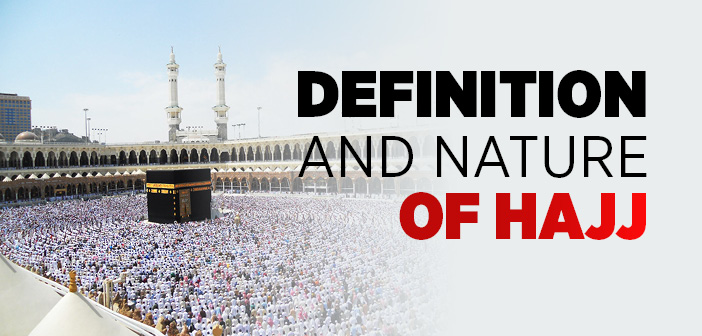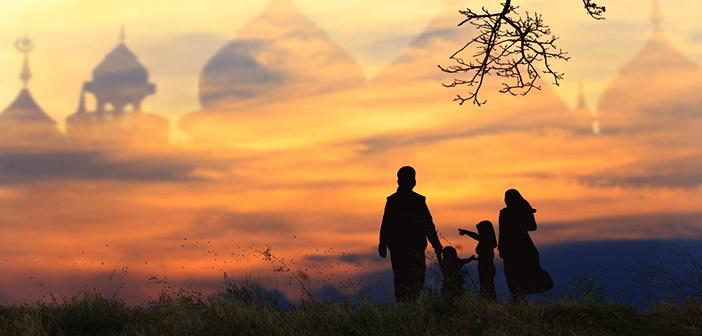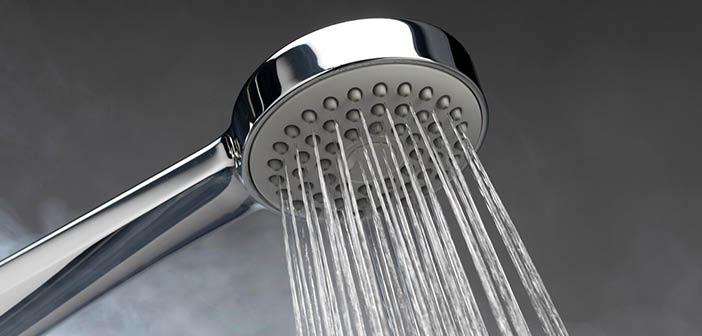
Some Voluntary (Nawafil) Prayers (Maliki)
What are nawafil prayers? What are some voluntary prayers?
A person becomes closer to Allah with voluntary ‘ibadat. Allah says the following in a hadith qudsi: “..My slave comes closer to Me through performing Nawafil (praying or doing extra deeds besides what is obligatory) till I love him, so I become his sense of hearing with which he hears, and his sense of sight with which he sees, and his hand with which he grips, and his leg with which he walks; and if he asks Me, I will give him, and if he asks My protection (Refuge), I will protect him;...”[1]
The following are some nawafil prayers:
Tahiyyat ul-masjid: It is sunnah for a person to perform two raka’ah upon entering the mosque, before he sits down. This ‘ibadah signifies an act of respect to Allah. The Prophet (p.b.u.h) has said: “When any one of you enters the masjid, let him pray two raka’ah before he sits!”[2] a person who enters the masjid for another purpose other than to sit, he does not have to perform this prayer. Also, if a person enters the masjid and has already sat down, he may still perform this prayer. This prayer should be performed at times when it is not makruh to pray. When any of the five daily prayers is performed, it counts as having performed the tahiyyat-ul masjid prayer too.
Duha (Forenoon) prayer:nDuha prayer is a two-eight raka’ah prayer performed between just after sunrise and noon (when the sun is at zenith). Performing it eight raka’ah is more virtuous. A’ishah (r.a) narrates: “I saw the Prophet one time praying the duha prayer. Upon this, I continued to pray it always.”[3] .
Tahajjud prayer (Qiyam al-lail) – Night prayer: This prayer comes after ‘isha prayer. It is performed by waking up in the middle of the night and performing two to eight raka’ah. Salam is given at the end of every two raka’ah. It is more meritorious to perform it during the last third of the night. The Prophet (p.b.u.h) has said: “If a man awakens his wife at night, and then both offer two rak'ahs together, they will be recorded among those who mention the name of Allah..”[4]
Salat al-kusoof (Solar eclipse): This is the prayer upon a solar eclipse. It is a sunnah ghayr mu’akkada prayer. It is performed at any time –when performing nafilah is not prohibited- until the sun is at its zenith (noon).
Kusoof prayer is performed with an extra qiyam and ruku’ in each raka’ah. Once the imam recites the Fatihah and a surah he bows down for ruku’, then he rises from ruku’ and recites the Fatihah again and a surah, then he does ruku’ again, rises and goes down to perform two prostrations . The same is done during the second raka’ah.
It is mandub to pray it at the mosque, make the recitation silently, recite long passages in both qiyams, pray as a congregation, and if the eclipse ends; completing the prayer like it is a usual nafilah prayer.
Salat al-khusoof (Lunar eclipse): It is mandub to perform the lunar eclipse prayer. It is performed identical to other nawafil prayers (two raka’ah). Recitation is made aloud. It is makruh to perform it in the mosque, and mandub to pray it at home. It is mandub to repeat this prayer until the eclipse ends, or disappears, or until the fajr begins.
Salat Tawba (Repentance): When a person sins, he should repent and ask for forgiveness. It is mandub to perform ablution and pray two raka’ah for forgiveness. The Prophet has said: “There is no one who commits a sin, goes and performs ablution and then prays two raka’ah after which they seek Allah’s forgiveness except that he forgives them".”[5]
Salat Istikhara: This is a two raka’ah prayer performed before going to bed, in order to ask Allah for guidance and to help make a decision. Istikhara is done when one is not sure whether a decision will be good or bad. Following the istikhara, the person follow’s his heart’s intuitions. Jabir b. Abdullah said: “The Prophet (p.b.u.h) taught us the istikhara as he teaches us a surah (chapter) from the Qur’an...”[6]
Salat Hajah: This prayer is performed when a person seeks help from Allah regarding a matter or asks for a certain thing from The Almighty. The Prophet (p.b.u.h) has said: “Whoever has a need with Allah, or with any human being, then let them perform ritual ablutions well and then pray two rakats. After that, let them praise Allah and send blessings on the Prophet (Allah bless him and give him peace). After this, let them read the hajah supplication…”[7]
[1] Buhârî, Rikâk, 38[2] Buhârî, Salât, 60[3] Buhârî, Müslim[4] Abu Dawud, Salat 307[5] Ibn Maja, Salat 193[6] Buhârî, Teheccüd, 28[7] Tirmizî,Salat 348
Source: Fiqh1 (According To The Maliki School Of Islamic Law), Erkam Publications
The Contents of Fiqh as a Science (Maliki)
The Importance of The Science of Fiqh (Shafii)




